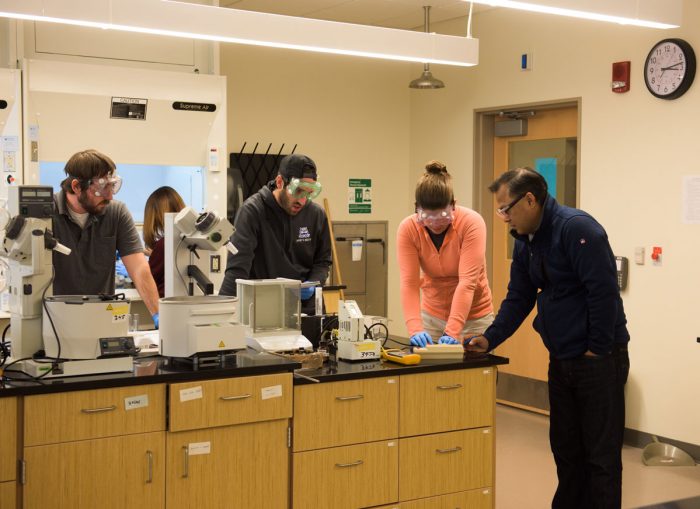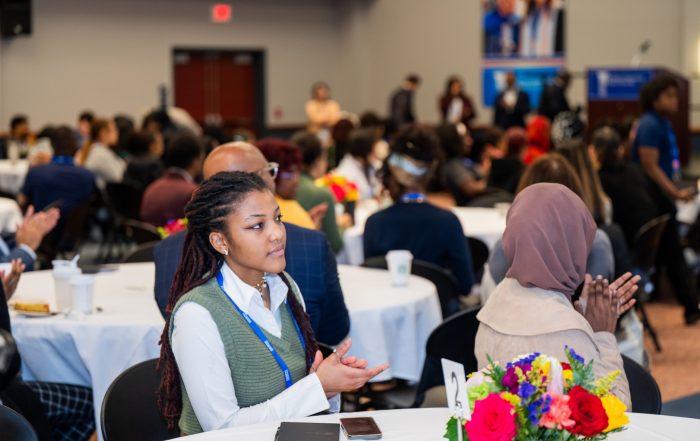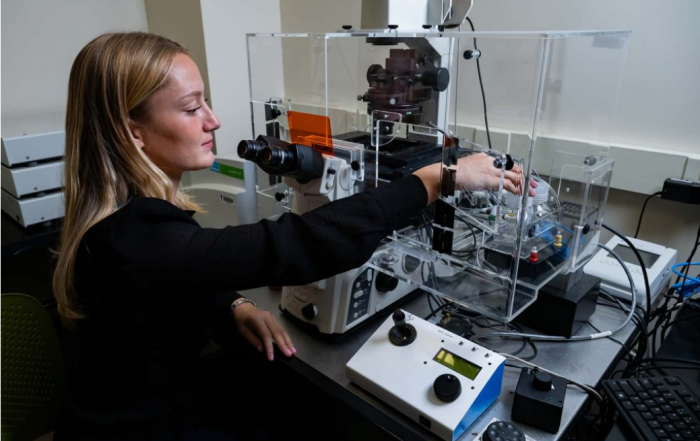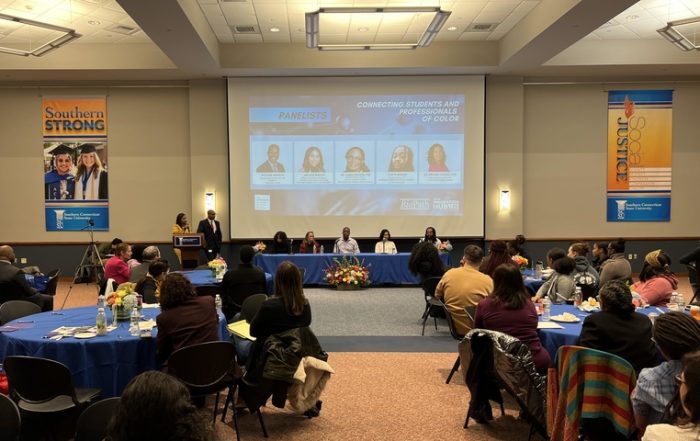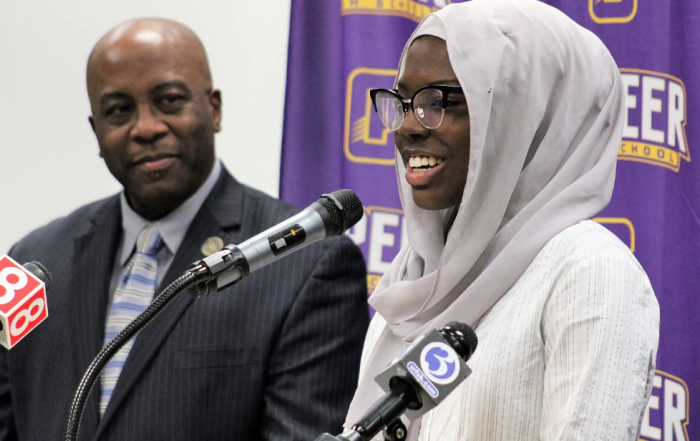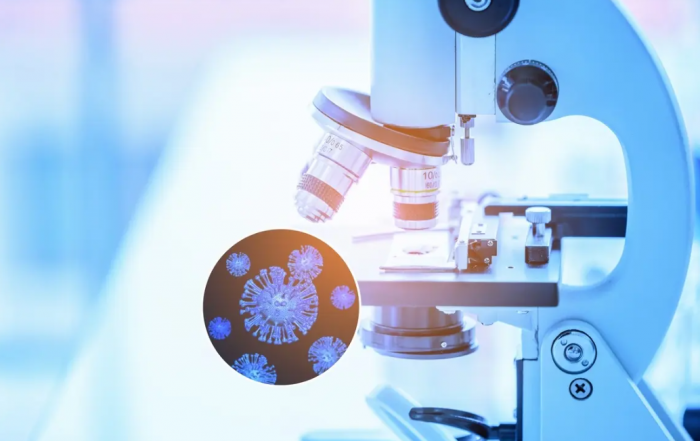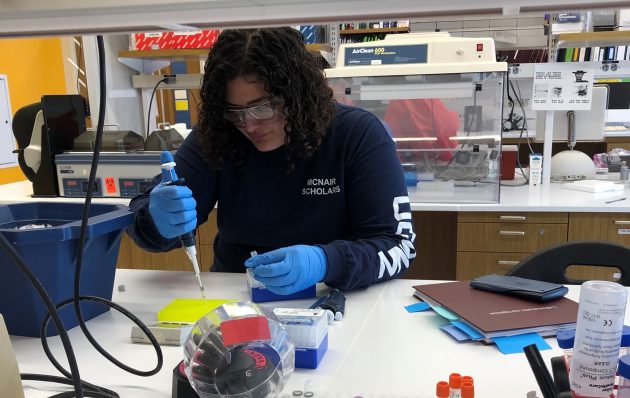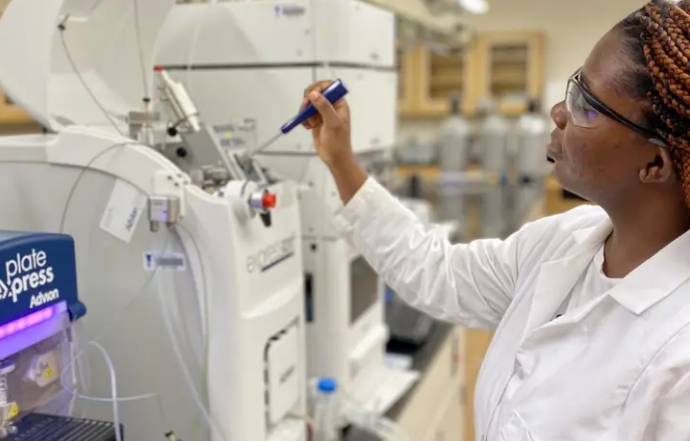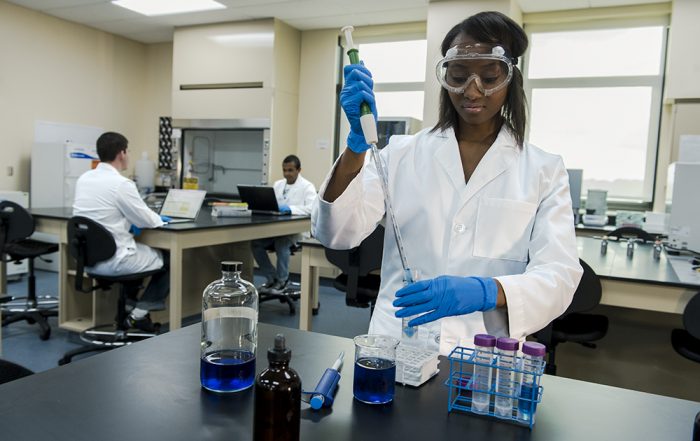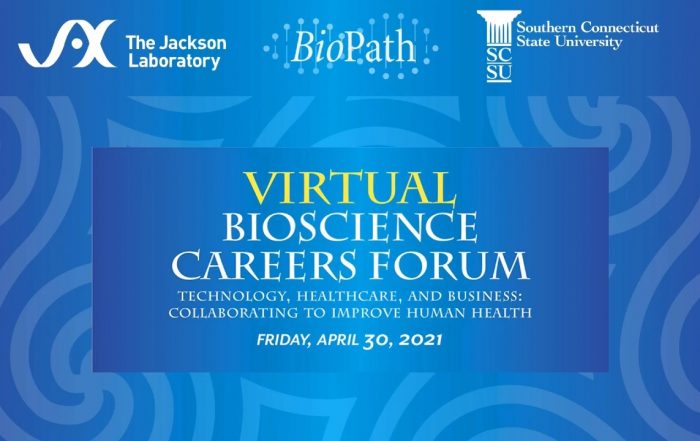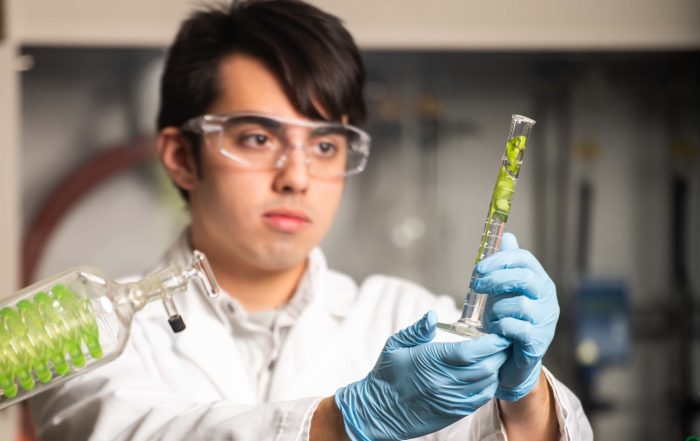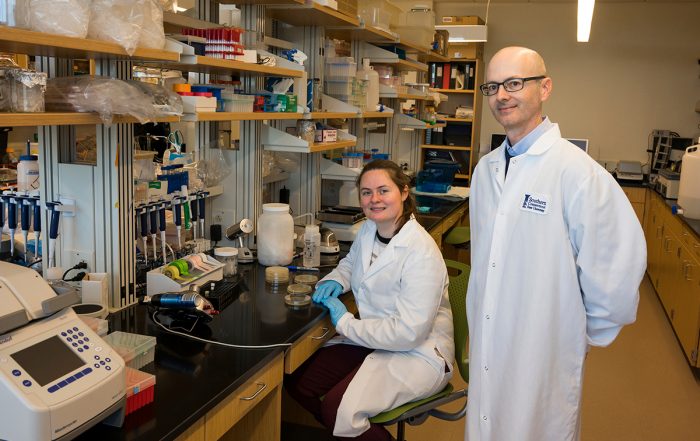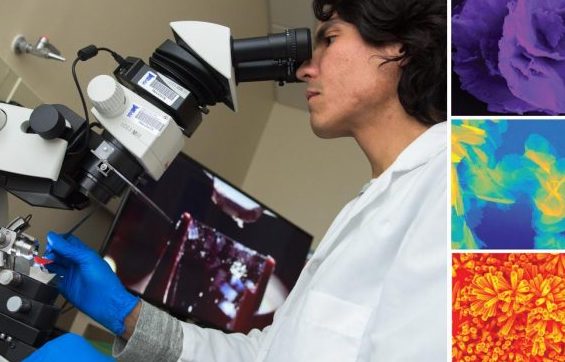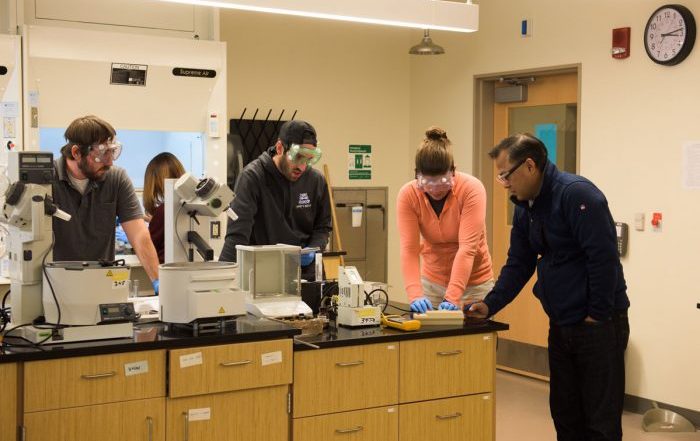A new major at Southern will provide students with an opportunity to take their scientific knowledge and conquer real world problems in the areas of medicine, genetics and other related fields.
The Bachelor of Science degree in biotechnology – which includes 32 credits in biology and 23-24 credits in the related areas of math, physics and chemistry – is scheduled to begin this fall. The program will include a combination of existing courses and several new courses – such as Introduction to Bioinformatics and Seminar in Biotechnology. The program also will provide students with internship opportunities with bioscience companies throughout the region.
“We are very excited to offer this major,” said Nicholas Edgington, associate professor of biology and who will serve as coordinator of the new program. “Jobs – good, high paying jobs – are plentiful in this cutting-edge field. Students will come away with a background that will enable them to be competitive for these biotechnology positions.
“At the same time, the program will bolster the biosciences industry in the Greater New Haven area,” he said. “The industry wants a pipeline of well-prepared university graduates who plan to live in the area. It is more expensive for them to recruit professionals from other parts of the country. And we know that more than 80 percent of our graduates at Southern continue to live and work in Connecticut after graduation.”
Christine Broadbridge, dean of the School of Graduate Studies, Research and Innovation, said she is thrilled with the launch of the degree program, and noted its connection with the Bioscience Academic and Career Pathway Initiative (BioPath) — a partnership between Southern and the city of New Haven that was designed specifically to meet the workforce needs of area Biotech companies.
“Our partnerships with the community colleges and New Haven Public Schools are a BioPath priority,” Broadbridge said. “We have optimized our courses to align with the needs of local industry. As a result, students will be uniquely prepared for internships with these companies and for immediate employment.”
Edgington said the university will continue to meet with industry representatives to discuss what they are looking for in future hires.
Examples of biotechnology uses include treating or curing diseases by the biopharmaceutical industry; testing the body’s reaction to medical devices, and clinical genetic testing.
He said biological technicians, microbiologists, material scientists and natural science managers are among the types of jobs often available to those with a B.S. degree in biotechnology. Advanced degrees in the field would enable individuals to pursue careers in biochemistry, biophysics, medical science and post-secondary teaching.
He is hopeful that at least 20 students will become biotechnology majors in the next year, and is optimistic that the program will grow significantly during the next several years.
(For further information about the B.S. in biotechnology, contact Nicholas Edgington at (203) 392-6219 or at edgingtonn1@southernct.edu.)

